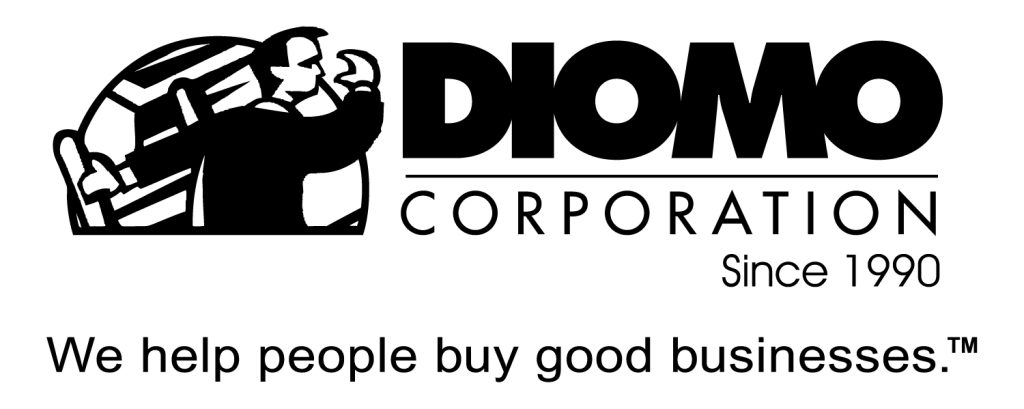Our company conducted a survey last month with 566 prospective business buyers (people who stated they were actively looking to buy a business).
We asked them to identify their single biggest concern about the business-buying process. Twenty-three percent stated that knowing how to value a business and arriving at a fair price was their biggest worry.
Given the large response to that subject, in the next few posts, I want to discuss some of the issues that come up about how to value a business.
One area that comes up constantly in business valuations is the concern about a lack of hard (tangible) assets.
There are a number of points you need to come to grips with on this topic which include:
- Most small businesses will have very few tangible assets.
- Asset-based valuations do not work for most small ongoing companies.
- Assets are the mechanism you can leverage to obtain financing.
- A business valuation needs to be based upon an investment model and the cash flow you can realistically expect to achieve based upon the past financials assuming everything will remain status quo after you take over.
While there may be some exceptions in asset-heavy industries, assets are strictly a means to drive revenues – on their own; they do not hold the most important value for a business buyer.
You need to determine the value of a business based upon what it can realistically expect to generate in cash flow to service the debt, pay you a salary, and have available to grow the business.
So now there are a few people reading this and shaking their hard heads because they are fixated on the idea that any business they consider must have substantial hard assets to justify the price. If you fall into this category, here is my question –
Which would you rather own………
A business with brand new, state of the art equipment that has zero profit, or a company that has aging, but functioning equipment, that makes a lot of money? Obviously, the latter is more attractive. The point here being is that assets on their own do not form the basis of a business valuation – they are strictly a vehicle to generate sales and profits.
Now you absolutely need to adjust a business valuation to account for replacing any assets in the near future and we will cover this topic in future posts.
However, for the time being, do yourself a favor and focus upon buying an active business that will immediately provide you with cash flow, instead of being stuck in the mud about having all new shiny equipment. After all, you pay your bills with cash, not machinery.
If you are going to buy a small business, adjust your thinking and get comfortable with the fact that you are going to be paying the bulk of the price, in most cases, for Goodwill (the difference between the purchase price and the identifiable tangible assets less any liabilities you may assume)
.
Your goal is to purchase an ongoing business with immediate cash flow – that is what you will be buying; assets are strictly what you will be getting.
P.S. I want to thank all of you for your comments on my pre-Memorial Day blog post. I appreciate your feedback regarding my citizenship but more importantly I am so thankful for all of your well-wishes regarding my father’s health. He had surgery on Tuesday, June 3rd and is now recovering well minus a kidney, gallbladder and two other significant malignant masses. I flew up and surprised him this weekend for Father’s Day and got back in time to celebrate part of the day with my four kids as well. My father is a street-wise, street-raised and street-tough guy, and so he will undoubtedly fight this awful ailment as he has done his entire life – without backing down. The silver lining to all of this is the immediate increase in appreciation for life itself and the importance of family by all of us. Thanks again!

